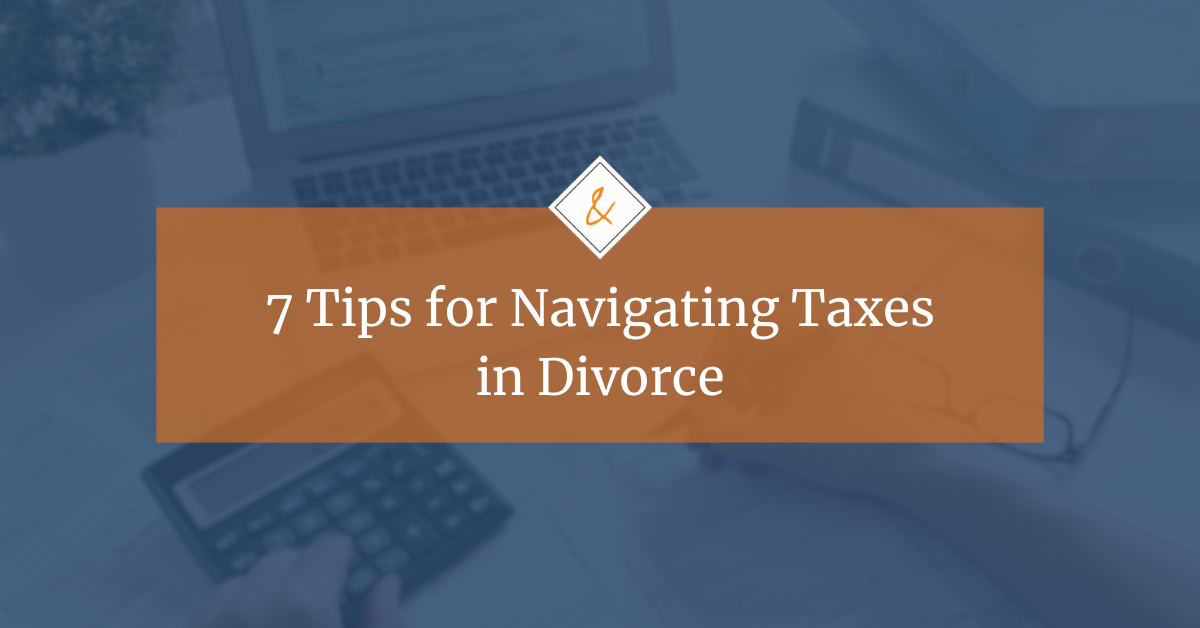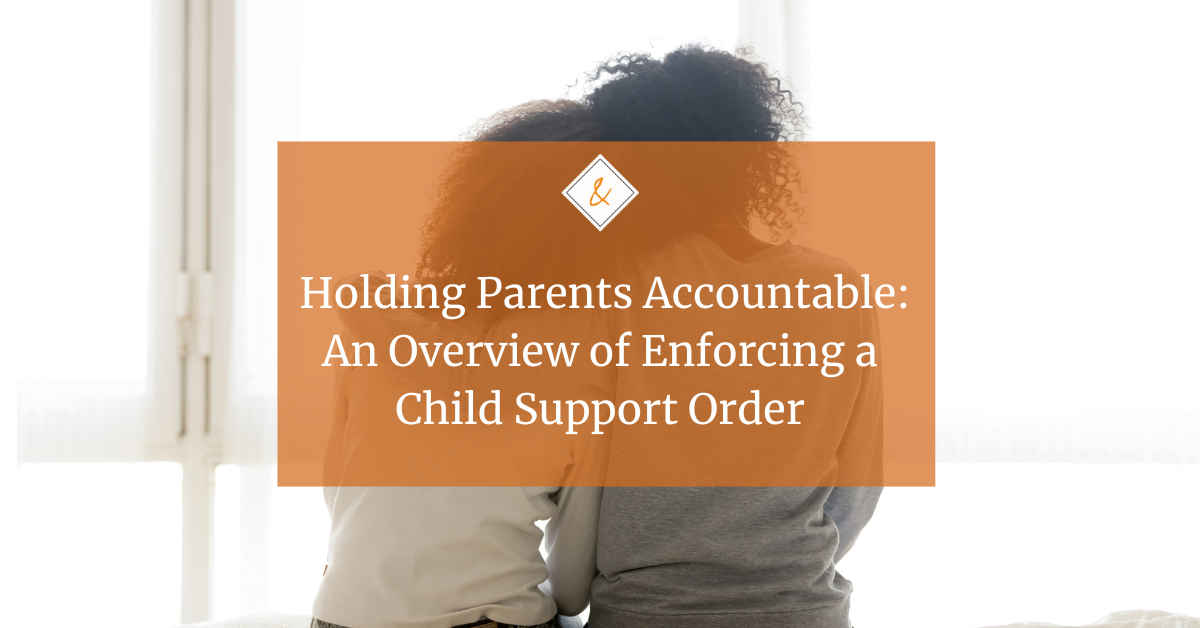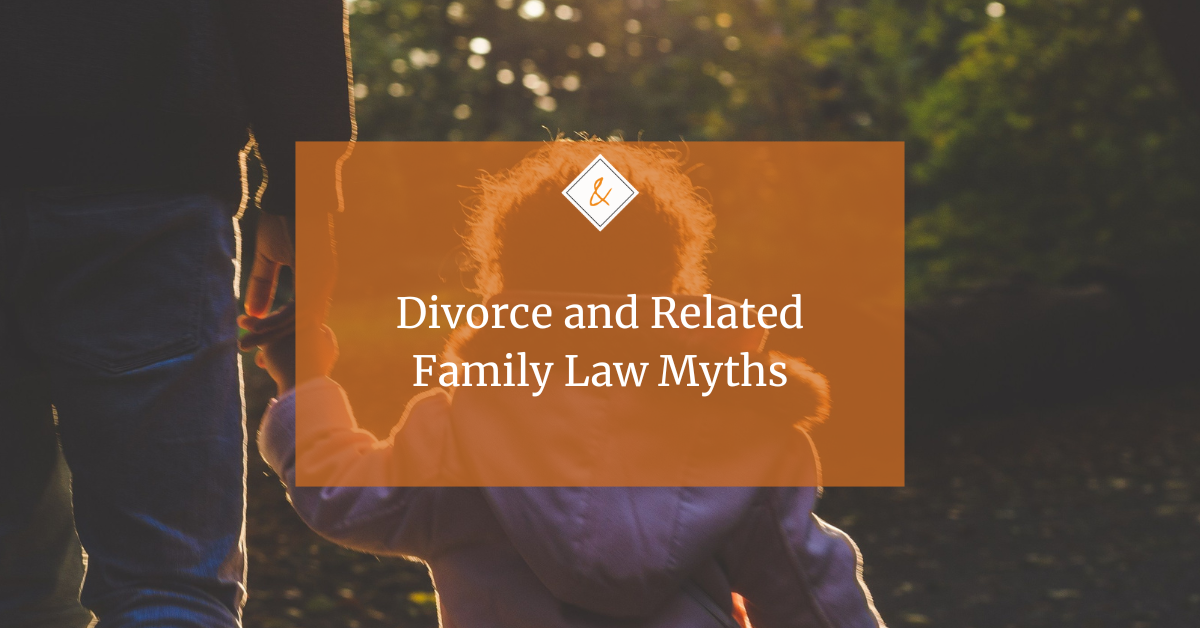Your long lost Aunt Millie left you a nice chunk of change when she died but you are in the middle of a divorce and you don’t want to share it with your estranged spouse. What should you do? First, even if you received the inheritance during the marriage, it would not be considered a marital asset subject to division with your spouse because under Pennsylvania law, gifted and inherited property is protected from division in the event of a divorce, except if the inheritance increased in value between the date you received it and the date you separated. Since you were lucky enough to receive the inheritance after you and your spouse were already in the middle of a divorce, your spouse is not entitled to receive any of the inheritance. If you had received it during the marriage, any increase in value would go in the pot to be divided, unless you put the inheritance in a joint account, in which case, a court would consider it a gift to the marriage and all of the inheritance would be subject to division (but perhaps subject to some kind of credit, depending on the length of the marriage).
Although your spouse won’t share in the inheritance, any income from the inheritance will be included in your income for purposes of calculating any child support, spousal support or alimony obligation you may have. For example, if you receive cash or stock and the account earns interest or dividend income, that income will be included in your income for support. If you inherit a piece of real or personal property, such as a house or artwork/jewelry, that is not income producing then there is no income to include and those assets are protected.
If you receive the assets in trust, depending on the terms of the trust document, the income may or may not be included in your income for purposes of support. The issue is whether you have the right to withdraw the income from the trust. If your ability to withdraw the income is under your control, the income will be included. If the withdrawal of the income is in the discretion of the trustee, arguably you may not have control over the timing of the payments. Much will depend on the terms of the trust.
Finally, while the inheritance principal or trust assets will not be shared with your spouse, the value of a party’s non-marital assets is relevant to a division of the marital estate. For example, if one party has significant non-marital property, a court may divide the marital assets disproportionately in favor of the spouse with the lesser non-marital property.
If you have received an inheritance outright or in trust, you should consult with a family law and/or estate attorney to determine your rights and responsibilities.



